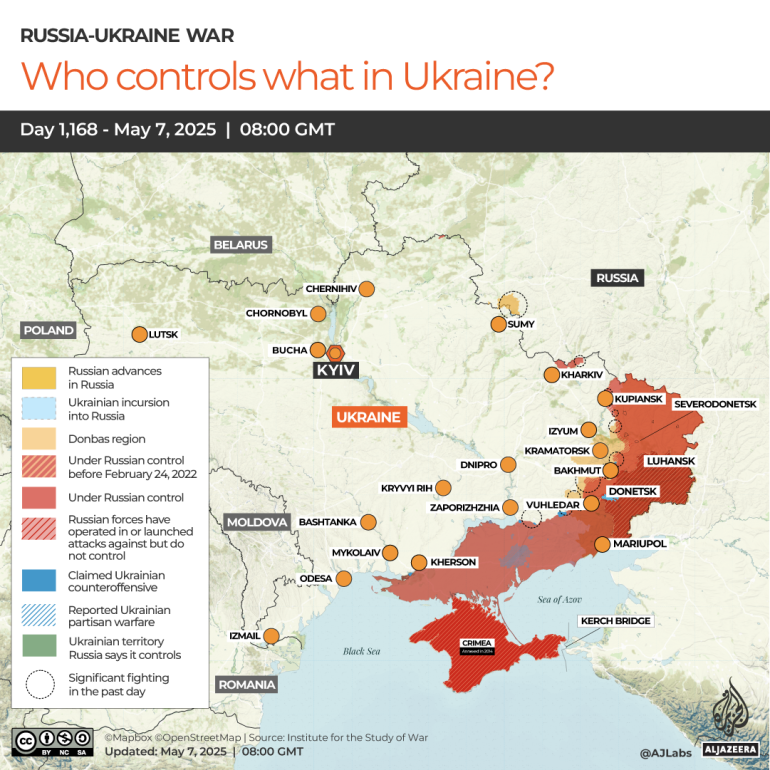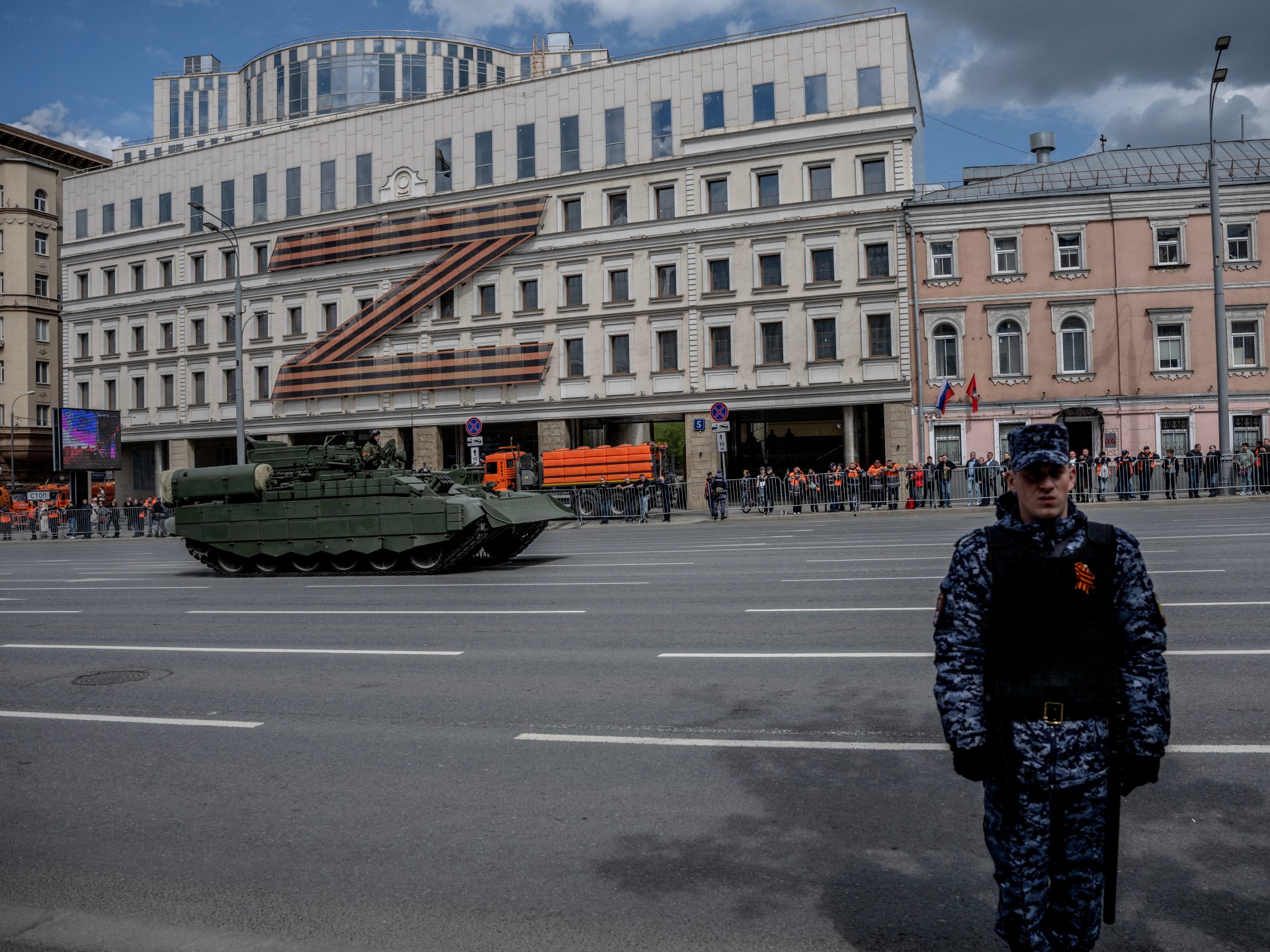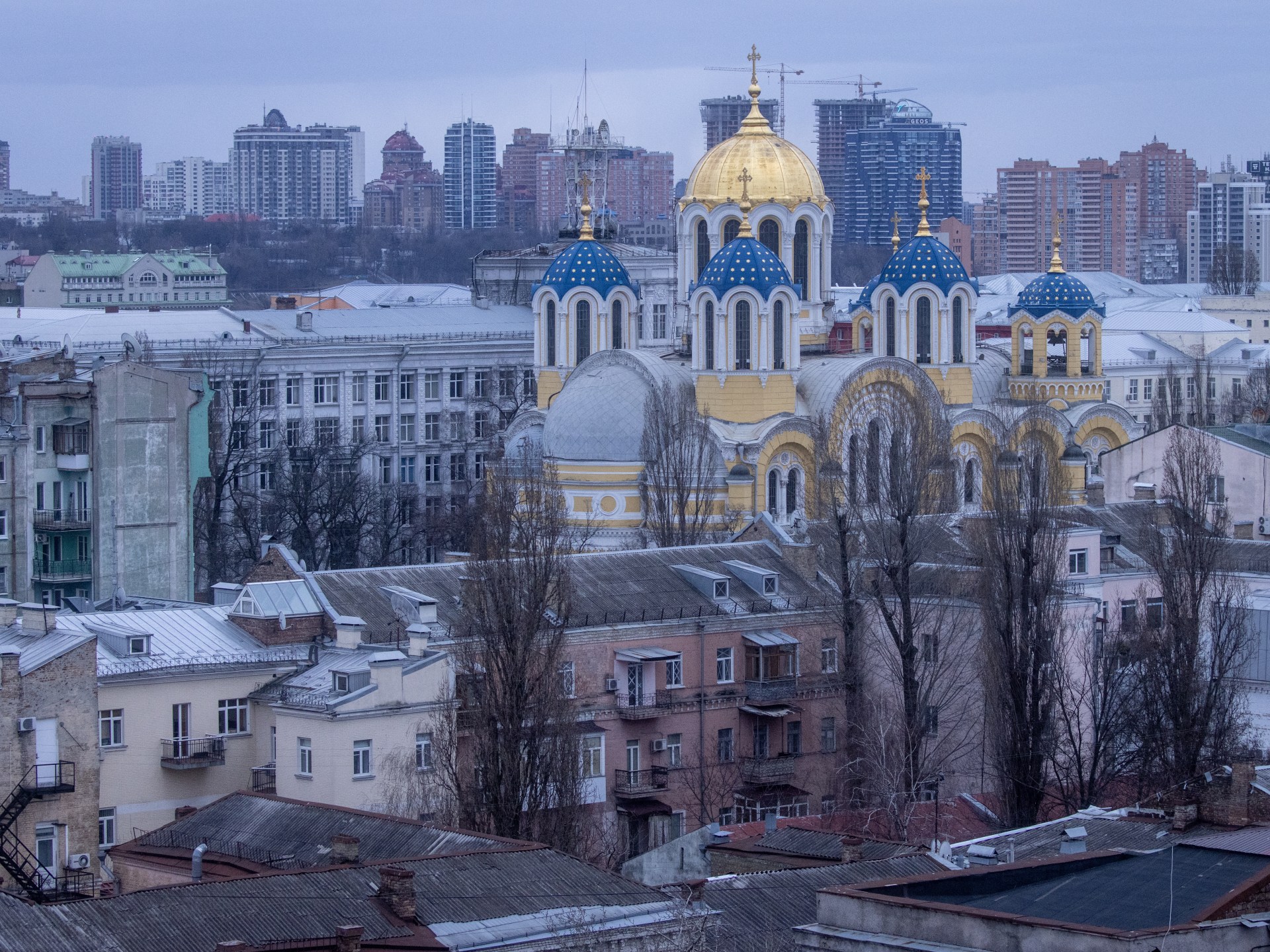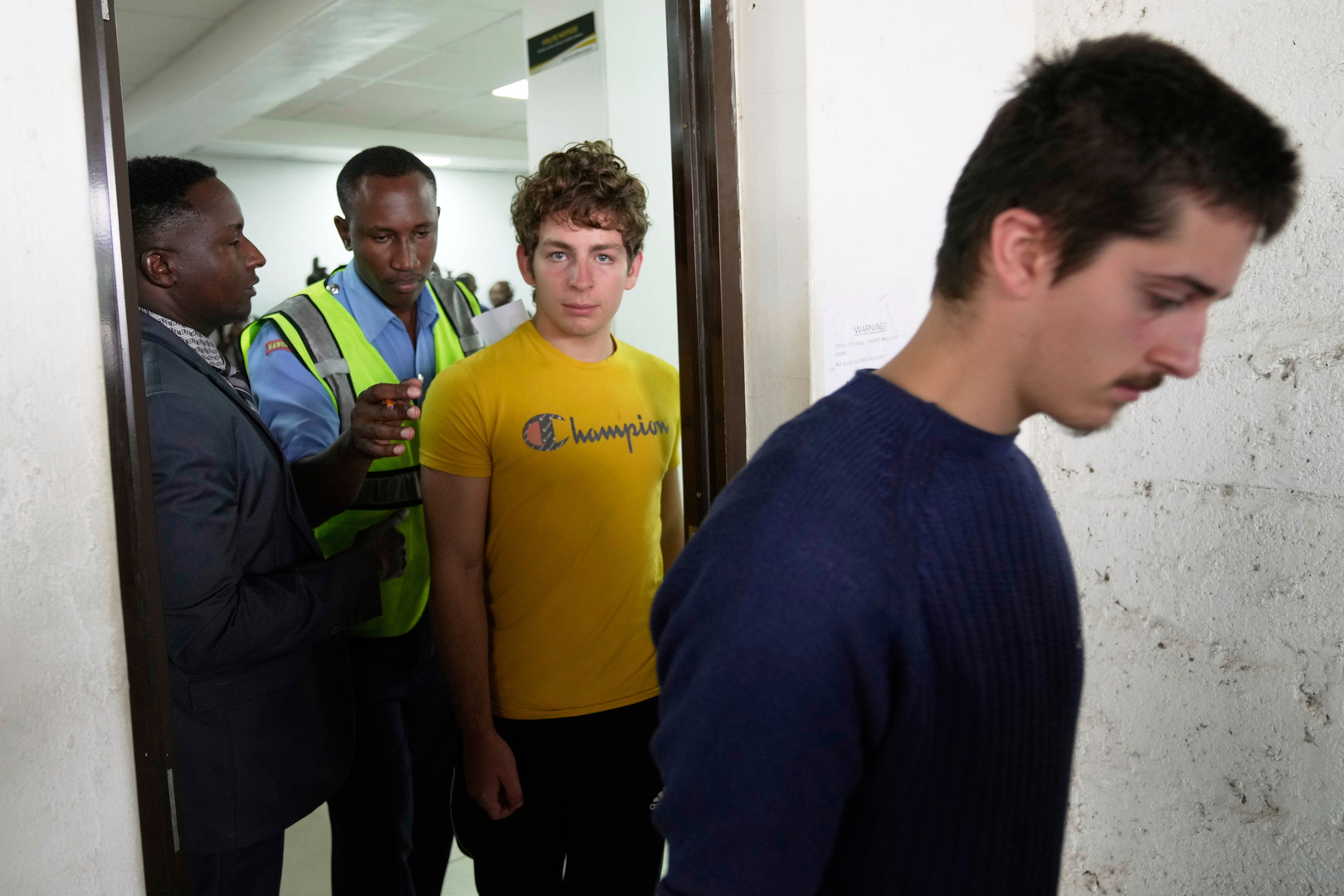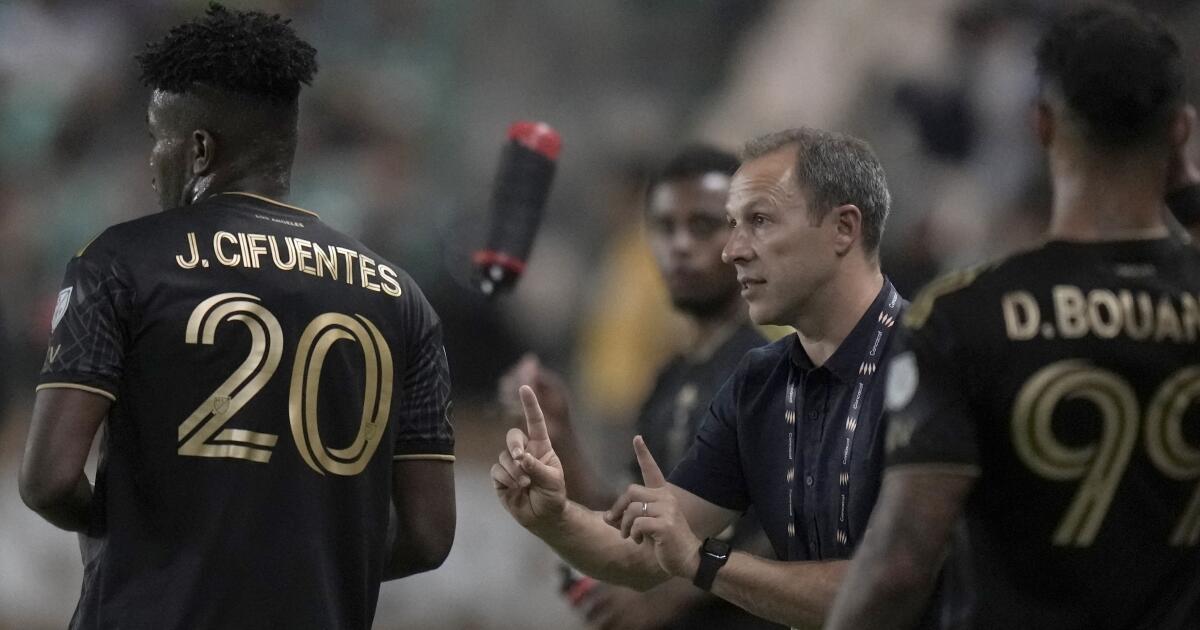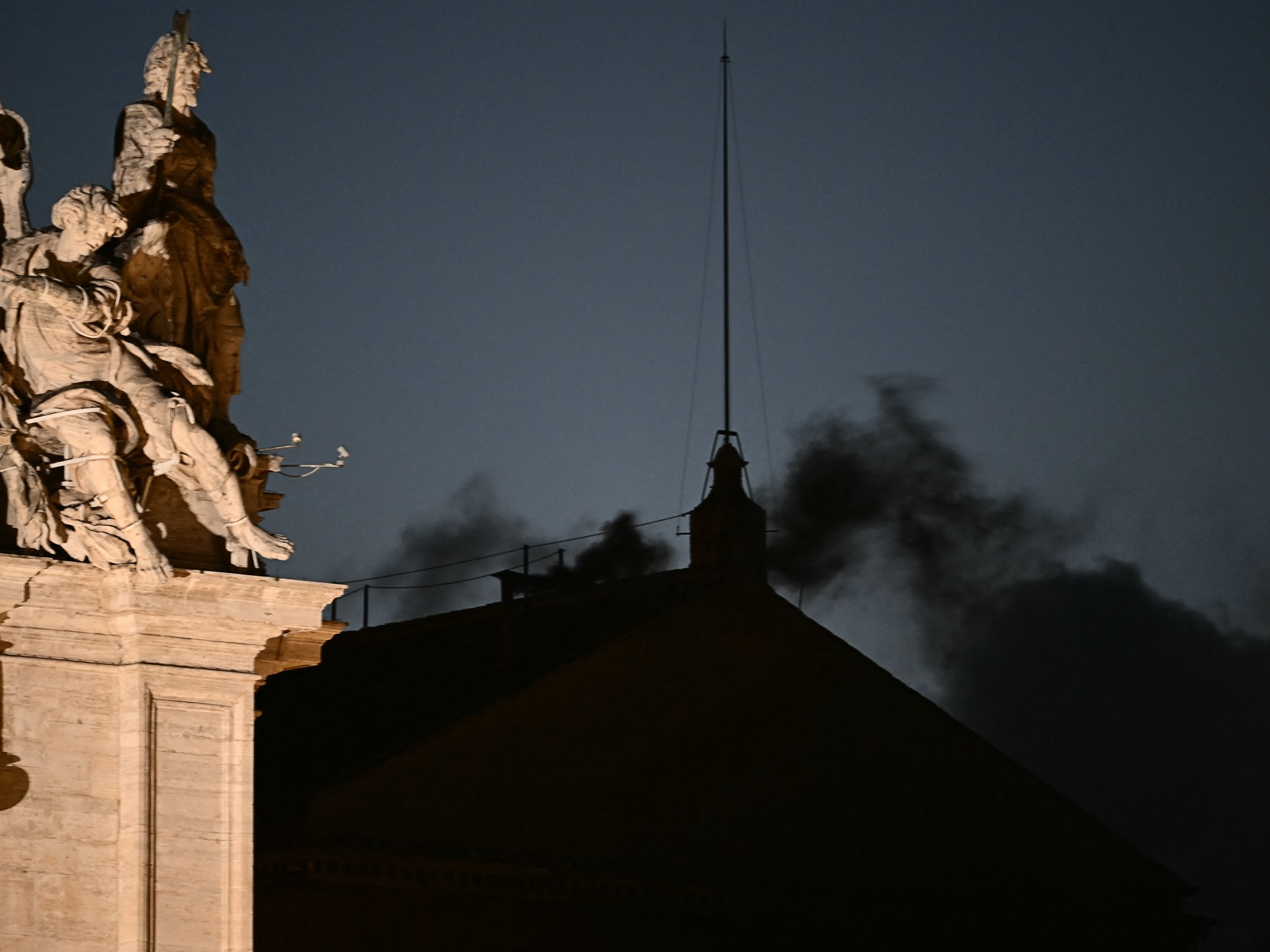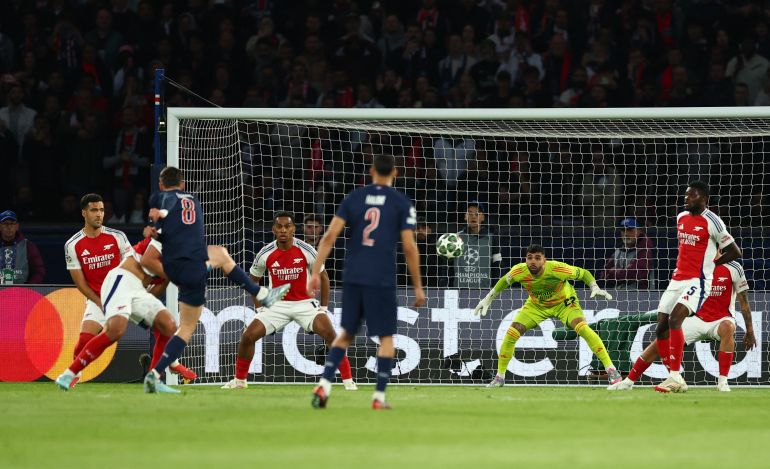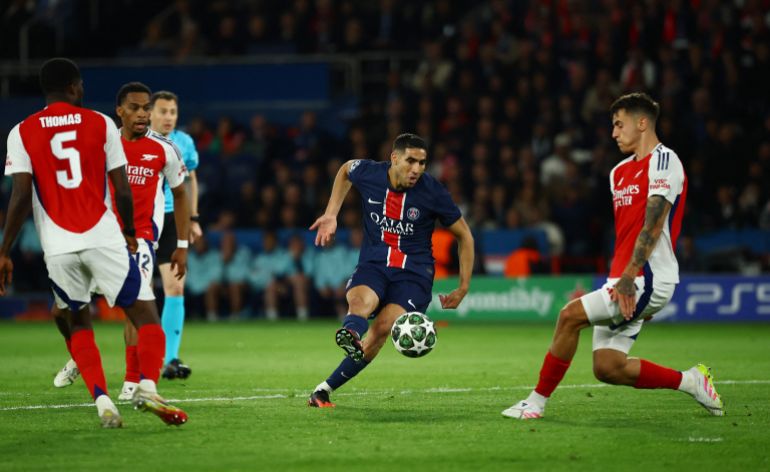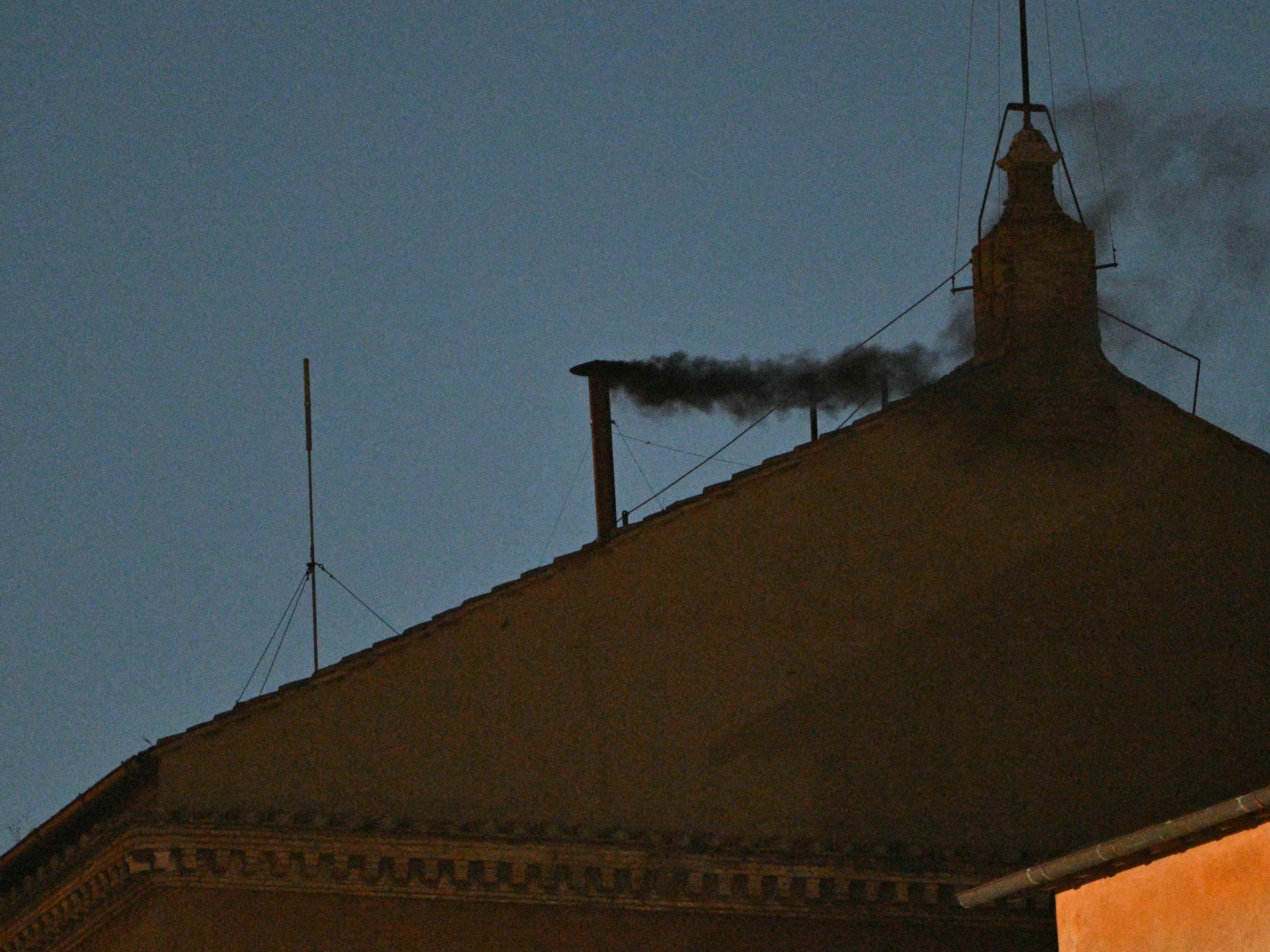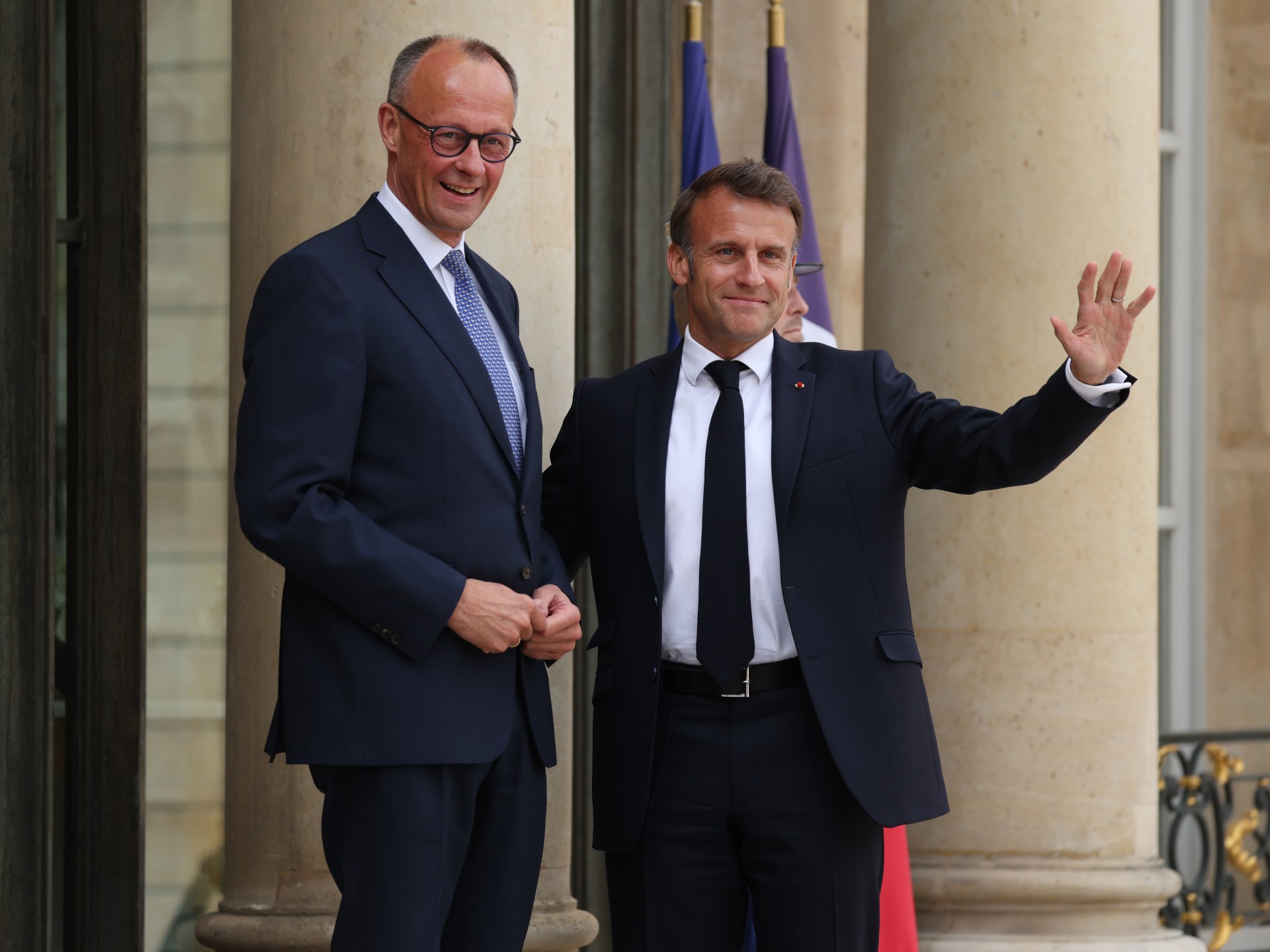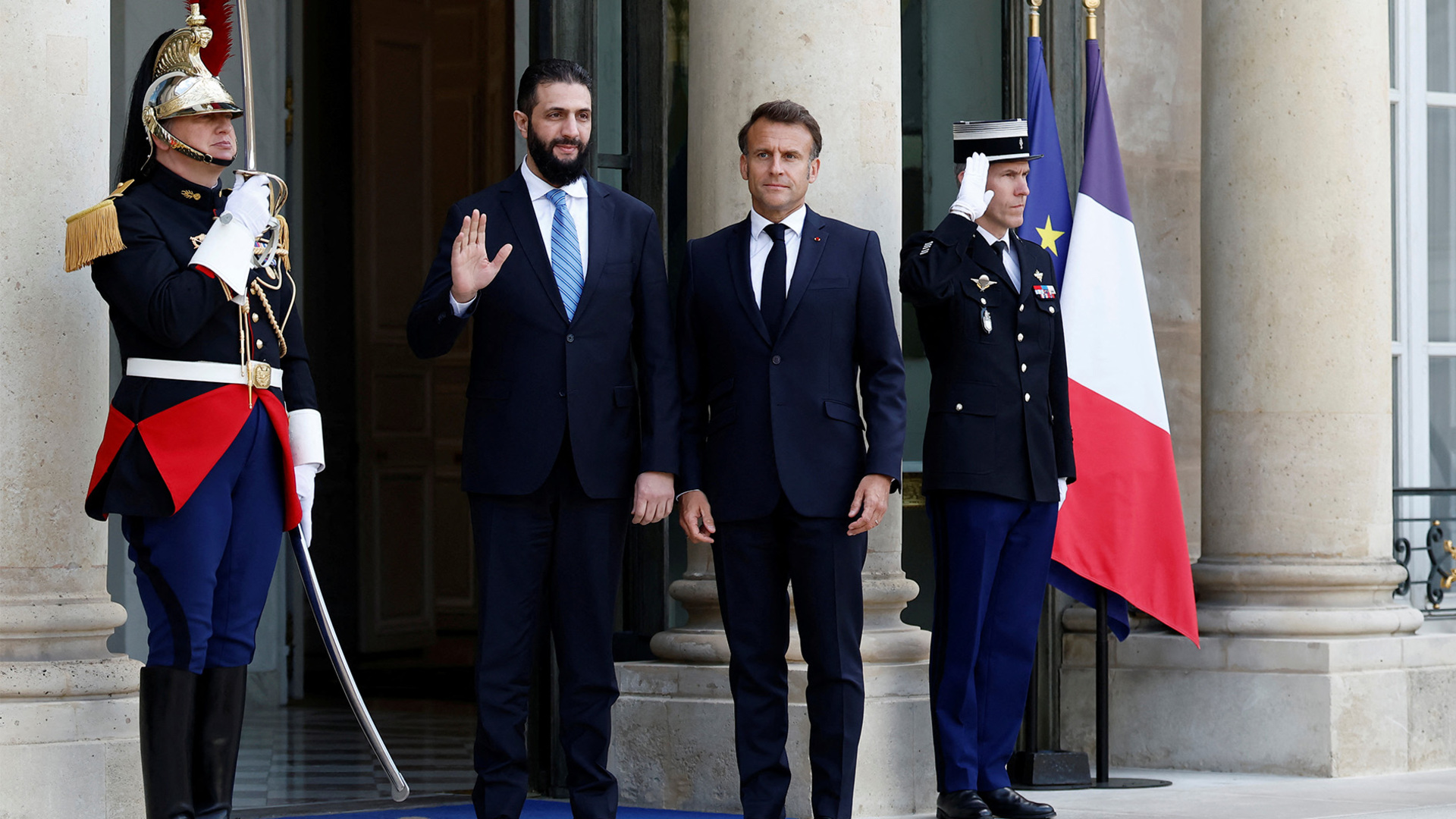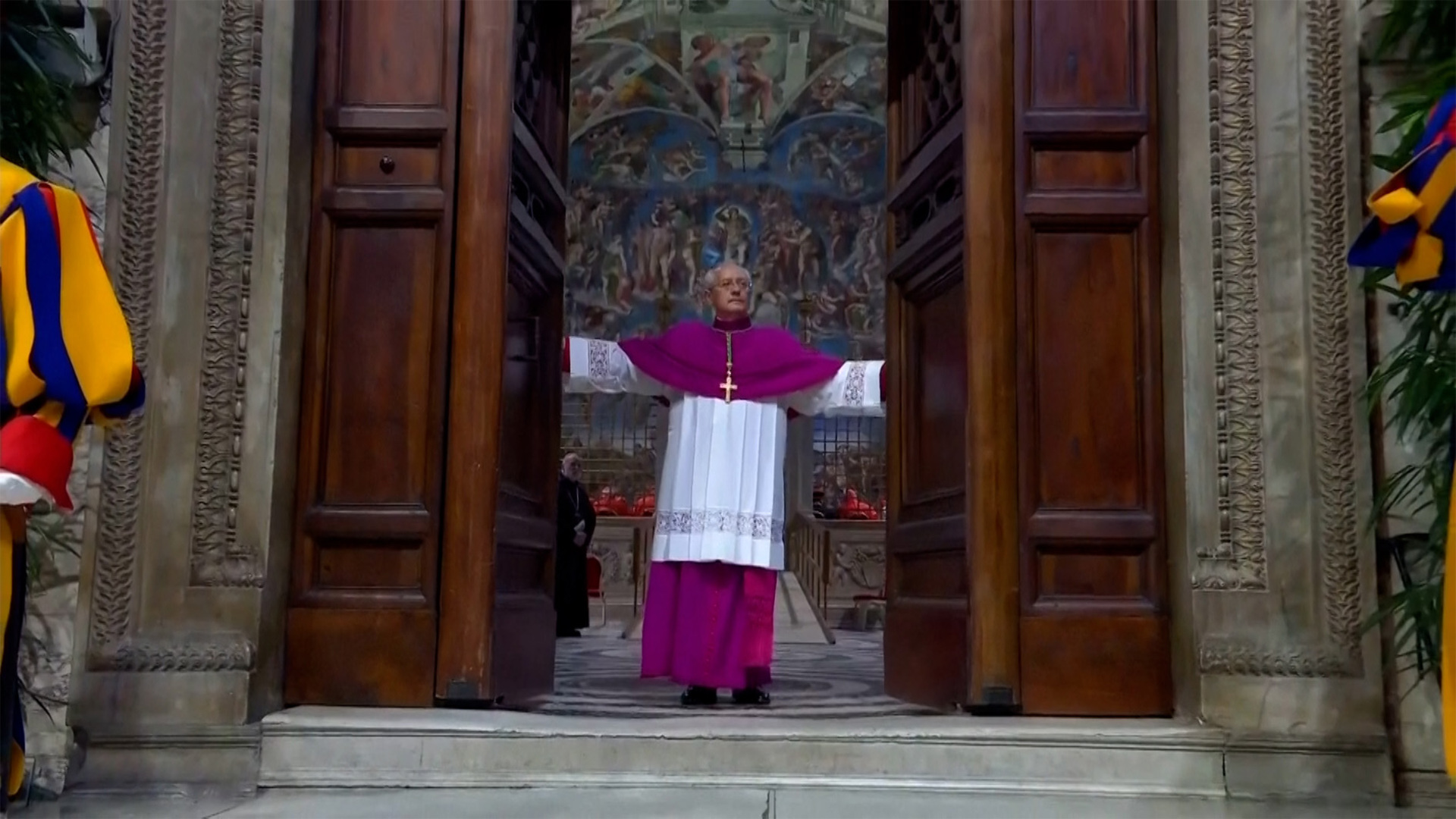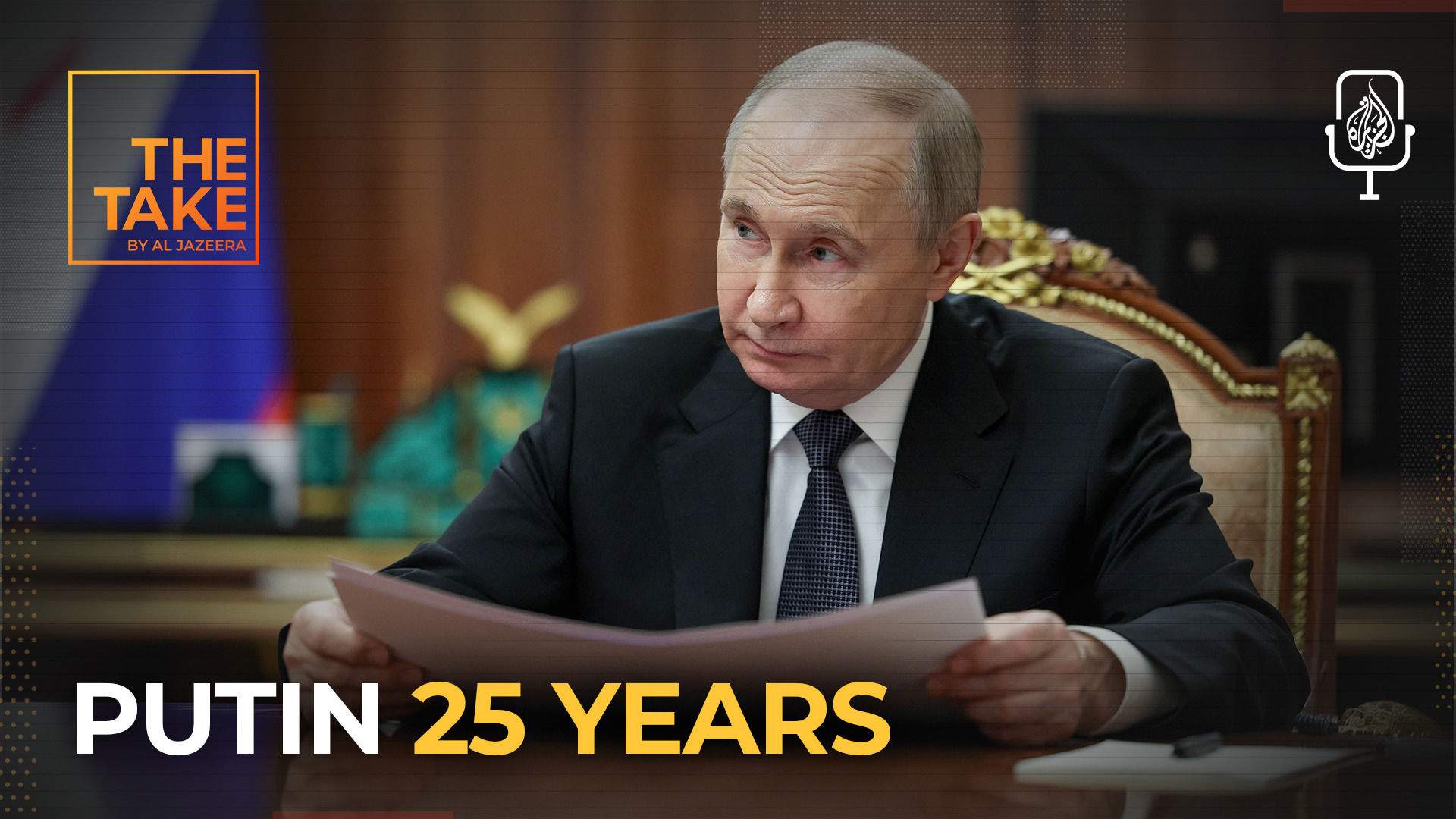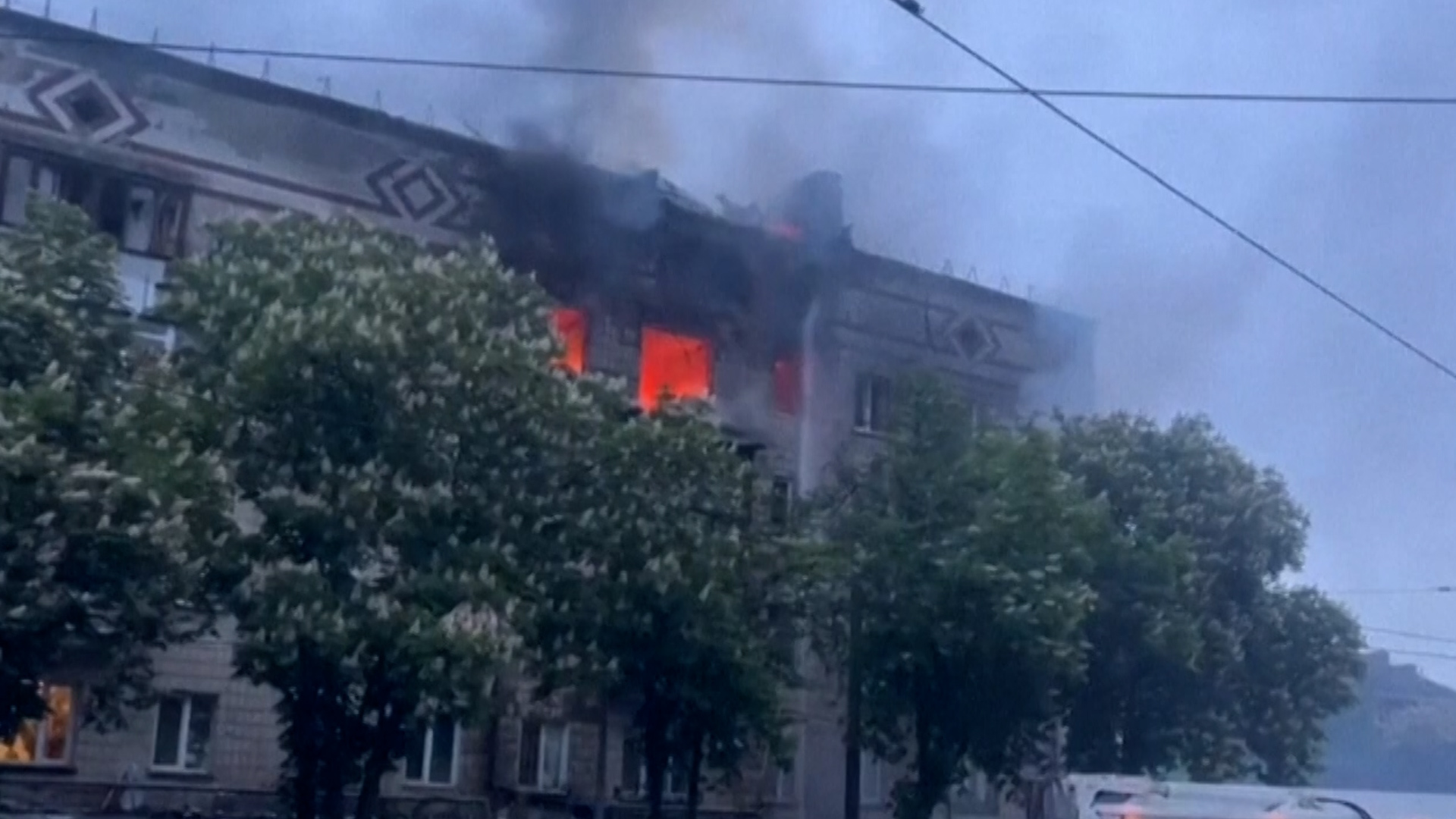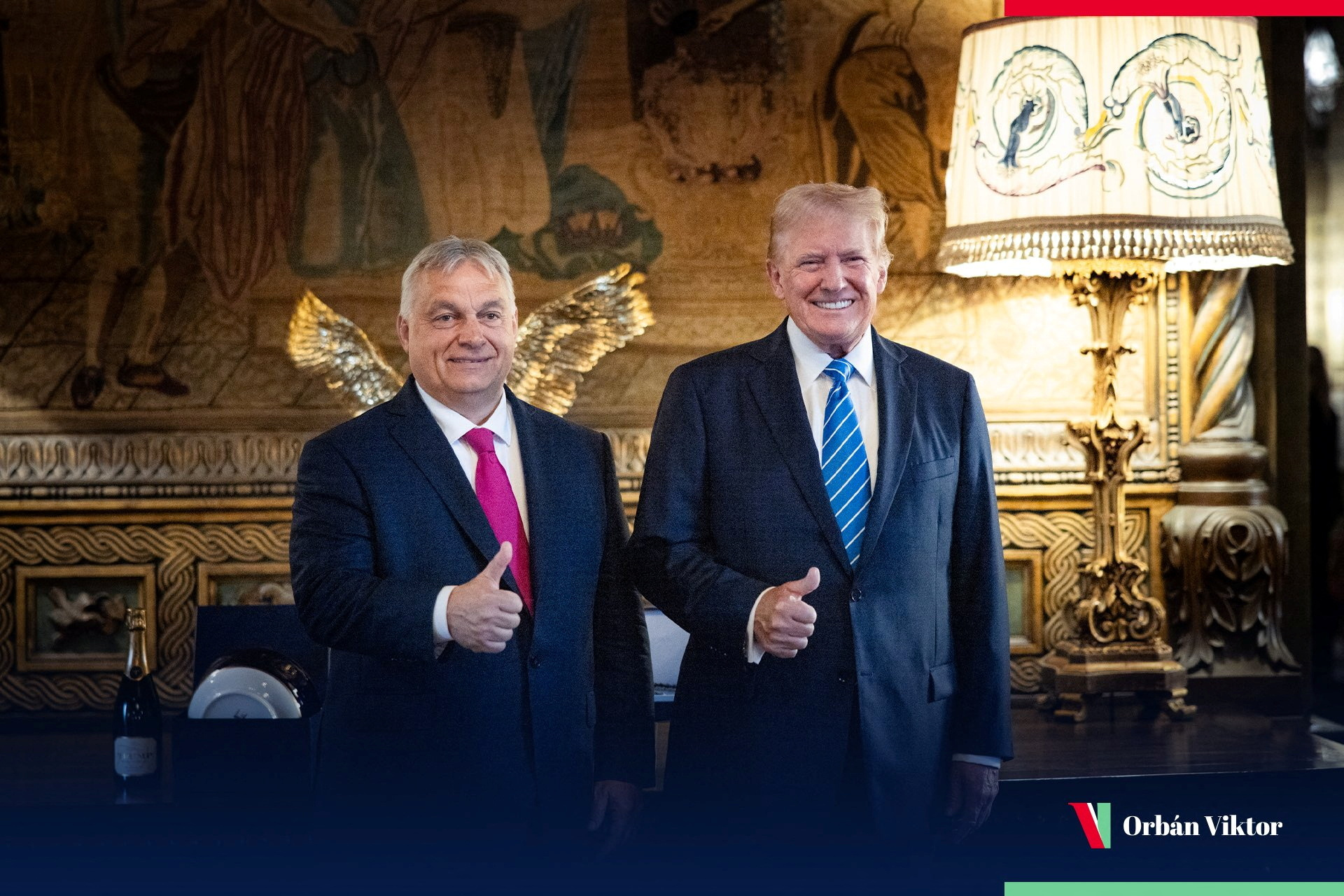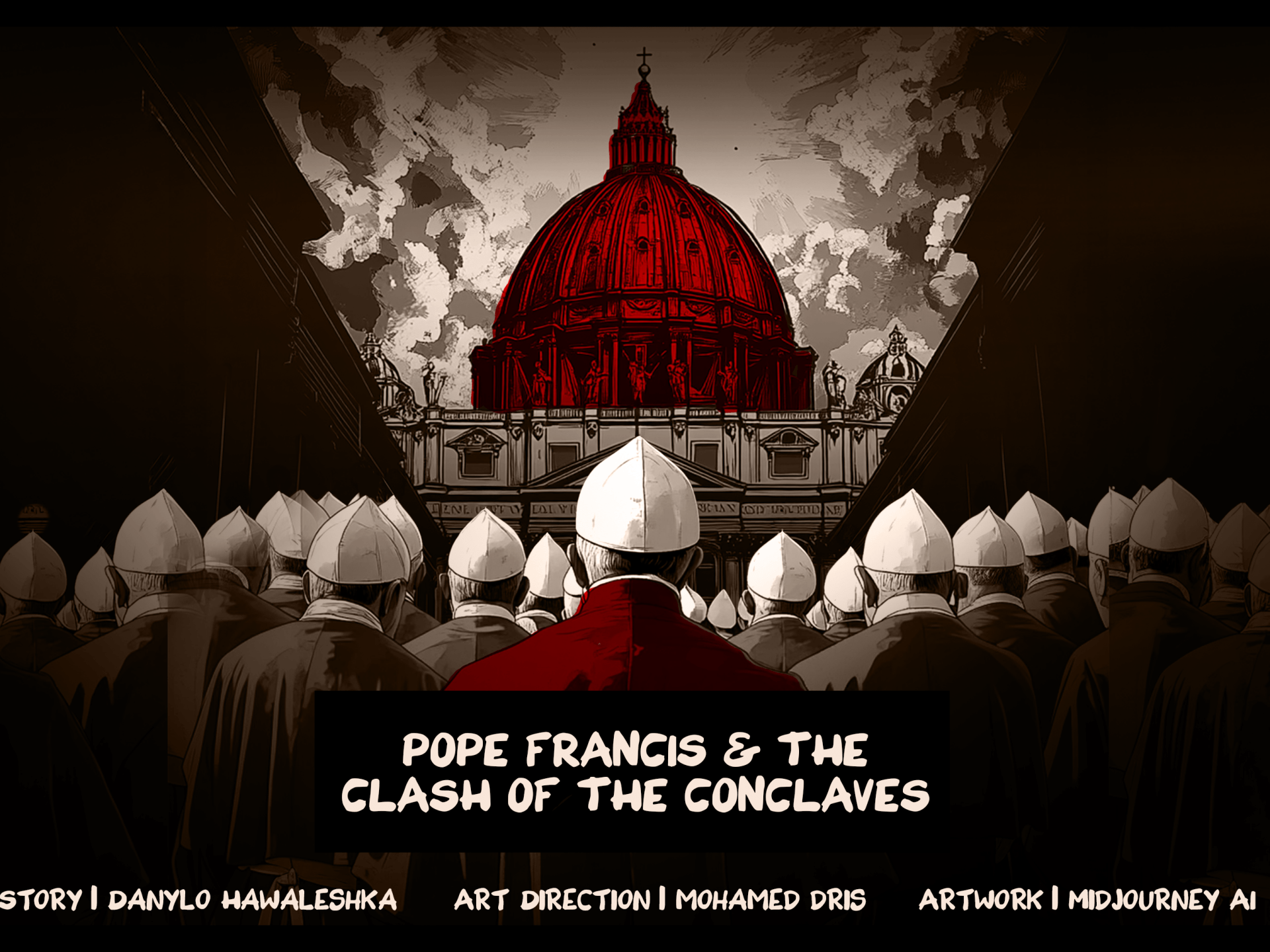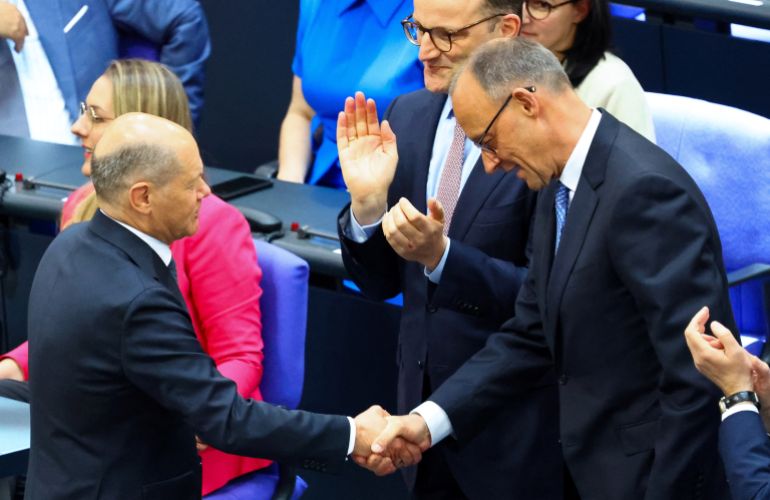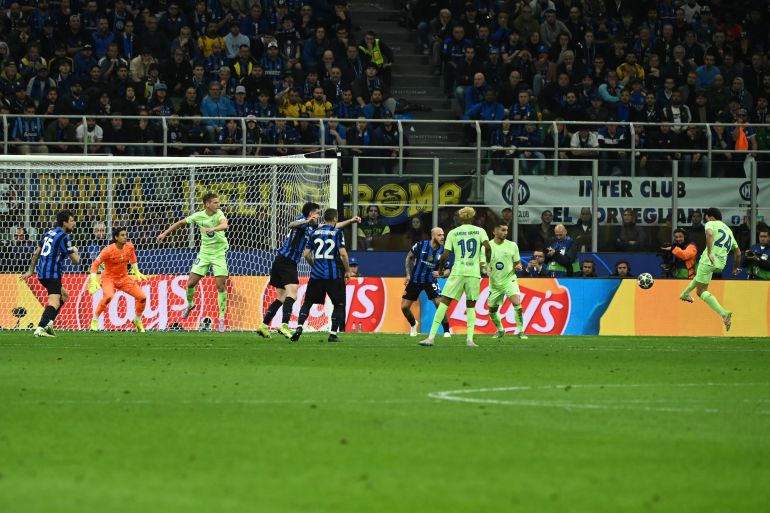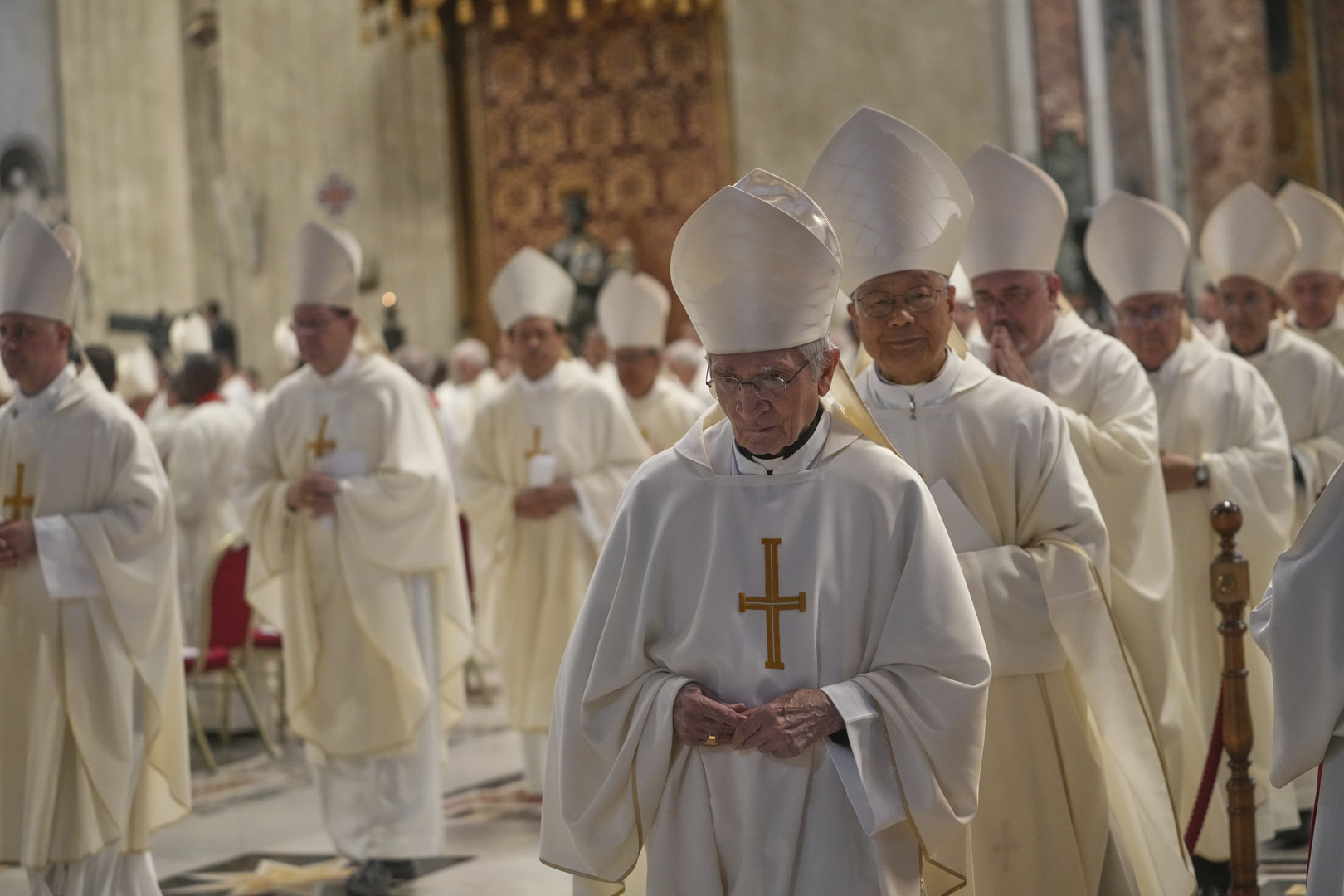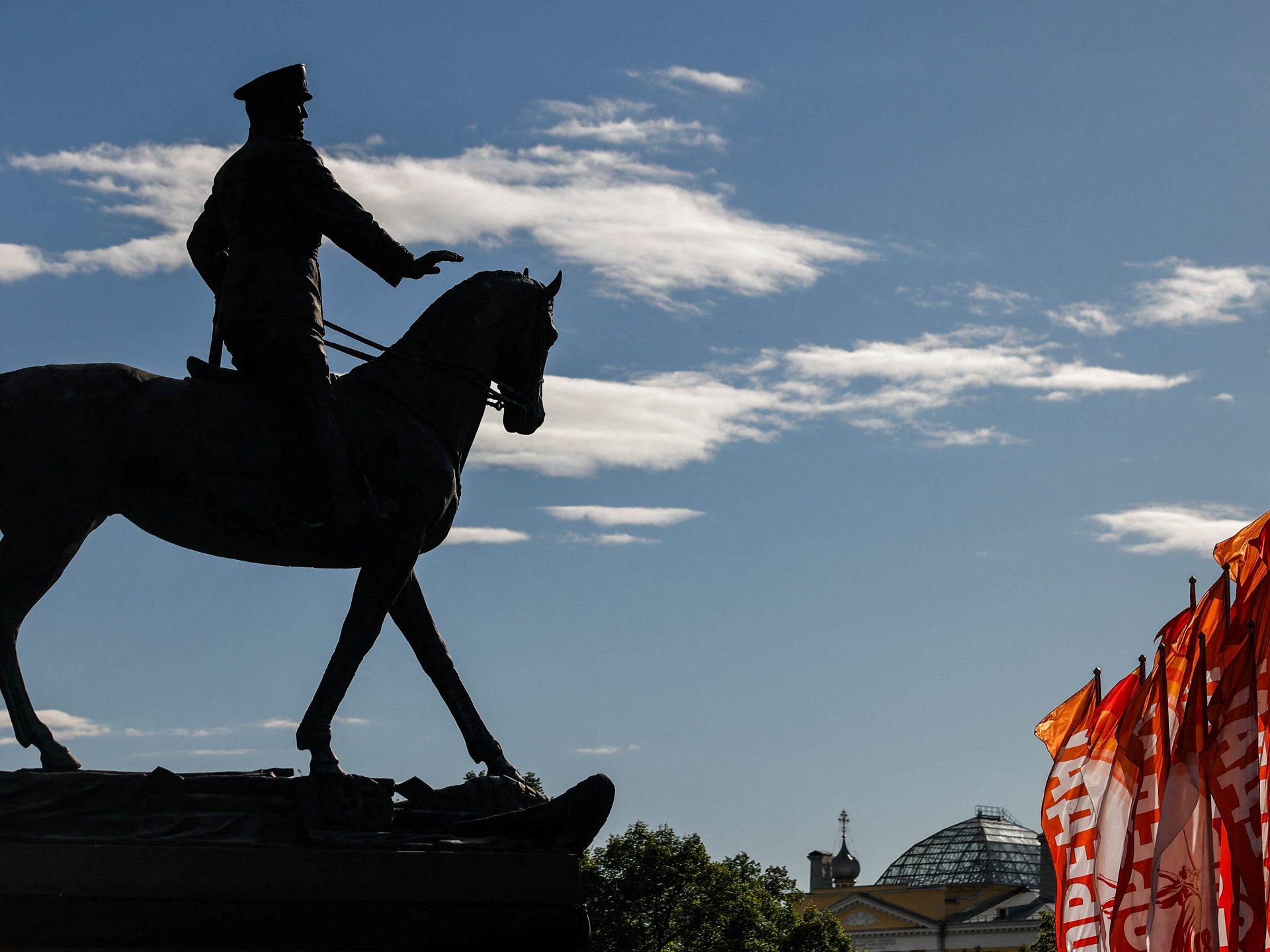Eat, nap, vote: Inside the conclave to choose the next pope | Religion News
Cardinals are in the Sistine Chapel for the second day of the conclave to elect a new pope, following two votes so far that have ended with black smoke – a signal that no new pope has been elected.
Thursday’s voting has been highly anticipated, as the previous two popes were both announced on the second day of the conclave.
Here is what we know about what the cardinals do all day:
How many cardinals have gathered in the Vatican?
Out of 252 cardinals, only those less than the age of 80 are eligible to participate in the papal conclave.
Currently, 135 cardinals meet this criterion. However, two have chosen not to travel to Rome, citing health issues, and bringing the number of confirmed voting participants to 133.
A two-thirds majority is needed to elect a new pope; that’s 89 votes out of the 133 eligible cardinals. If no candidate reaches that threshold, another vote is held. After each round, ballots are burned.
If black smoke appears from the chimney on top of the Sistine Chapel, it means no pope has been chosen. White smoke signals the Catholic Church has a new pontiff.
“In the past, fresh straw was used to produce white smoke, and water was added to produce black smoke,” Father Francis Lucas, a Catholic priest and executive director of the Catholic Media Network, told Al Jazeera.
“However, this sometimes resulted in grey smoke, which led to confusion. Now, chemicals are added to ensure the smoke is distinctly black or white,” he added.
What’s the voting process in the papal conclave?
Voting after the first day occurs a maximum of four times per day: Twice in the morning and twice in the afternoon
Each cardinal receives a ballot marked “Eligo in Summum Pontificem” (“I elect as Supreme Pontiff”) and writes in their chosen candidate. They are not permitted to vote for themselves.
They then fold the ballot, hold it up for visibility and carry it to the altar, where a chalice covered by a plate awaits. One by one, the cardinals approach the altar before Michelangelo’s Last Judgement, swear an oath and place their votes in the chalice.
According to Vatican News, each cardinal says aloud, in Italian:
- “Chiamo a testimone Cristo Signore, il quale mi giudicherà, che il mio voto è dato a colui che, secondo Dio, ritengo debba essere eletto.”
- “I call as my witness Christ the Lord, who will be my judge, that my vote is given to the one whom I believe should be elected according to God.”
Each cardinal places his ballot on a plate, uses it to drop the vote into the chalice, bows towards the altar and then returns to his seat.
Cardinals who are present but unable to walk to the altar due to illness give their folded ballot to one of the scrutineers – a number of cardinals chosen to oversee the voting. The scrutineer brings it to the altar and deposits it in the same manner, without reciting the oath again.
No one except the cardinals is permitted inside the chapel during the conclave. Outside the chapel, there are others involved in the process, such as personnel handling logistics and security, cleaners, medical support staff and other clerics in supporting roles. About 100 additional people have taken the oath of secrecy over and above the voting cardinals.
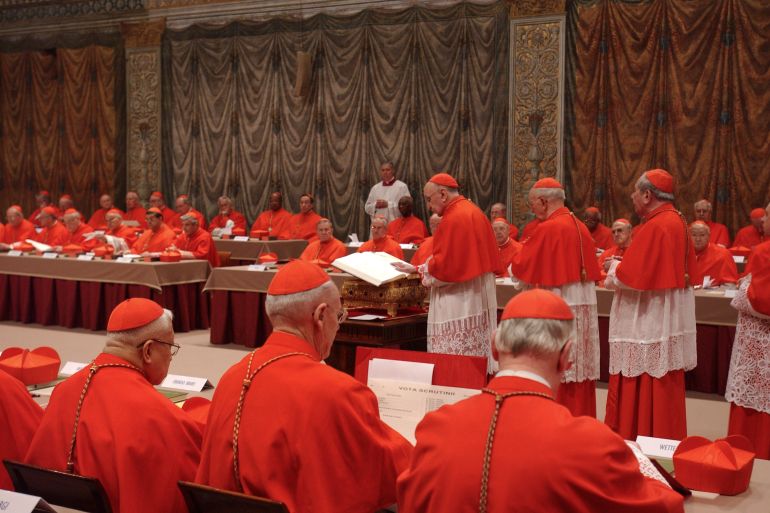
What do the cardinals do when they’re not voting?
Conclaves are inherently secretive, but experts say some information is available about what happens when the cardinals are not voting.
“In the course of the days of the conclave, they will move by charter bus around St Peter’s to the Sistine Chapel, enter and have the morning vote,” Steven P Millies, professor of public theology at the Catholic Theological Union, a Catholic graduate school of theology in Chicago, Illinois, in the United States, told Al Jazeera.
“They will return to the Domus Sanctae Marthae (Latin for Saint Martha’s House, the Vatican guesthouse) and have their midday meal, take their midday nap, and then return for the evening vote (to the Sistine Chapel). And then back again (to the Domus Sanctae Marthae) for a nighttime meal,” he added.

“The Church emphasises that the conclave is a spiritual and sacred process, not a political one,” Father Francis Lucas said.
Some experts argue that most of the social activities and reflections on the previous vote might take place during their time in Saint Martha’s House.
“One imagines that it is in the cafeteria at the Domus Sanctae Marthae, where people do eat cafeteria style, they put food on their own trays and that sort of thing,” Millies said.
“There is a lot of time over meals and informal conversations for the cardinals to decipher the meaning of what just happened in the last vote and to try to figure out where their support might go best. This is where coalitions and alliances are made,” he added.
“That doesn’t exclude the guidance of the Holy Spirit, but there certainly is a certain amount of negotiation, alliance-making, shifting alliances, those kinds of things that will happen in those spaces too,” he explained.
What are the food and lodgings like?
According to reports, food is not great during the Conclave.
“The food is pretty ordinary, pasta, soup and fruit, which is how Francis wanted it,” a Vatican insider who has eaten there told the UK’s Times newspaper.
While food during the papal conclave has traditionally been a plain affair, Francis, known for his focus on simplicity and humility, has been partly blamed for the further decline in quality, according to a report by The New York Times. Some cardinals have complained about bland vegetables and uninspired pasta dishes.
“You don’t eat very well,” Cardinal Gianfranco Ravasi of Italy, a supporter of Pope Francis, told The New York Times.
After his election, Pope Francis broke with more than a century of Vatican tradition by declining to move into the papal apartments in the Apostolic Palace. Instead, he chose to live in a simple suite at Santa Marta (Saint Martha’s), where the voting cardinals are currently lodging.
“This room where we are now was a guest room,” Pope Francis said in an interview.
“I chose to live here, in Room 201… The papal apartment in the Apostolic Palace is not luxurious. It is old, tastefully decorated and large, but not luxurious. But in the end, it is like an inverted funnel. It is big and spacious, but the entrance is really tight. People can come only in dribs and drabs, and I cannot live without people. I need to live my life with others,” he added.
